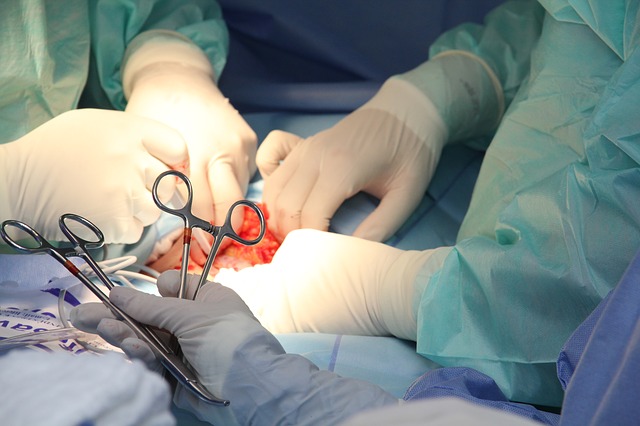In Belgium, “voices are starting to be heard in favour of post-euthanasia organ donation”, with a view to offering organs to the 1,500 people on the waiting list. In this context, Doctor Jan Bollen from Maastricht University Medical Centre, has carried out a study to evaluate the number of organs which could have been harvested from people who underwent euthanasia in 2015. Based on his estimated figures, at least 10% of people who underwent euthanasia could have donated at least one organ.Out of the 2,023 people who underwent euthanasia in 2015, 204 were potential donors. Out of the 1,288 people on the waiting list, 684 could have received an organ donated by a person who underwent euthanasia. The calculation method used is discussed in detail in JAMA. Figures are also given per organ.
Professor Jean-Louis Vincent, a doctor at Erasme University Hospital in Brussels (Intensive Care Unit), is also very much in favour of “DCD”, Donation after Circulatory Death. He explained that, with this type of organ harvesting, “donors are not brain dead but ‘virtually brain dead’or victims of ‘circulatory death’. (…) Sometimes, any hope of recovering a normal life is lost but the swollen brain will not lead to brain death(…)”. According to Professor Vincent, this type of organ harvesting could be carried out in approximately ten countries “for patients who will never recover but whose organs are at least sufficiently healthy to be transplanted”. Professor Vincent believes that it would be “hypocritical to wait with folded arms until the heart stopped beating entirely [to remove the organs], when the outcome is inevitable(…) The end result is clear: not only is the quality of the harvested organs improved but the number of donors could more than triple since there are almost 300 cases of brain death in Belgium each year”.
Note from Gènéthique:
Post-euthanasia organ donation: Who switches off the machine?
Institut Européen de Bioéthique (27/04/2017)

